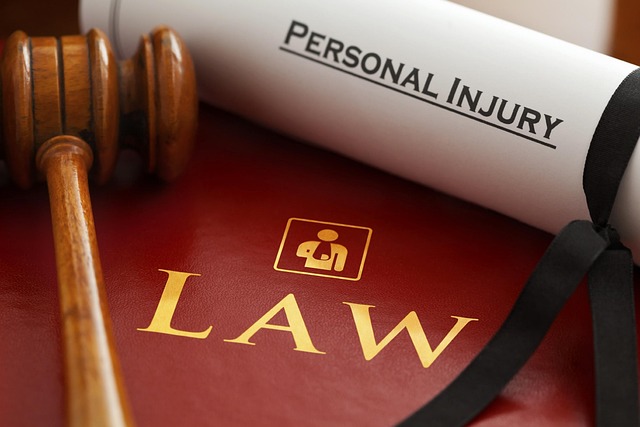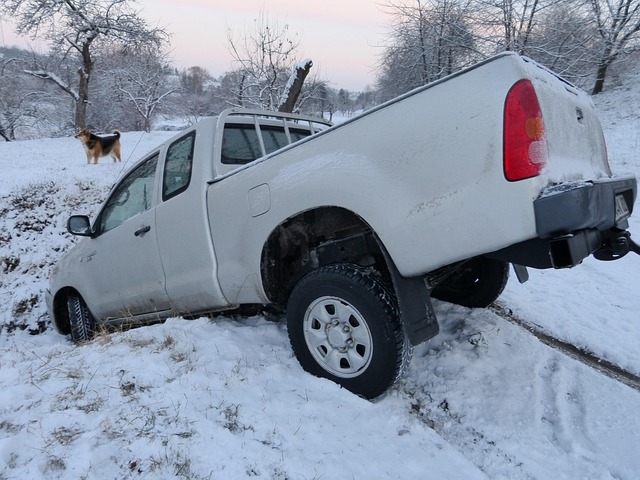In The Bronx and vibrant NYC, trucking company liability is shaped by stringent laws, FMCSA guidelines, and complex legal cases rooted in personal injury, products liability, and contract law. Proximity to high-traffic areas and medical malpractice settlements in Manhattan significantly impact the industry. Settlements influence insurance premiums, operational costs, and risk management strategies, encouraging companies to invest in training, safety protocols, and advanced technologies for enhanced accountability. Navigating these risks involves adhering to strict safety standards, comprehensive insurance coverage, and staying current with regulations and best practices.
In the dynamic landscape of The Bronx, trucking companies face unique legal challenges. This article delves into the intricate web of Trucking Company Liability, exploring a Legal Perspective from within this vibrant city. We analyze medical malpractice settlements in Manhattan, their profound impacts on the trucking industry, and dissect essential risk management strategies for New York City-based operators. Understanding these dynamics is crucial for navigating liability, ensuring operational safety, and fostering a robust trucking sector.
- Understanding Trucking Company Liability in The Bronx: A Legal Perspective
- Medical Malpractice Settlements in Manhattan: Impacts and Implications for Trucking Industries
- Navigating Risk Management Strategies for Trucking Companies in New York City
Understanding Trucking Company Liability in The Bronx: A Legal Perspective

In The Bronx, as in other areas across New York, trucking companies operate under a stringent legal framework regarding liability. This is particularly significant when considering the potential for large-scale accidents involving commercial vehicles, which can have severe consequences for individuals and communities. Trucking company liability goes beyond simple negligence; it encompasses a web of regulations aimed at ensuring safety on the roads. These include federal laws such as the Federal Motor Carrier Safety Administration (FMCSA) guidelines, which dictate driver hours, vehicle maintenance, and other critical aspects of operation.
From a legal perspective, understanding liability in these cases requires delving into various areas of law, including personal injury, products liability, and contract law. Medical malpractice settlements in Manhattan, for instance, can serve as precedents or indicators of the compensation individuals might seek after an accident involving a trucking company. The Bronx’s proximity to New York City’s bustling traffic and its high volume of commercial trucking activities mean that legal cases stemming from collisions often involve complex questions of liability, requiring careful navigation through these regulatory and legal landscapes to achieve justice for all parties involved.
Medical Malpractice Settlements in Manhattan: Impacts and Implications for Trucking Industries

In the vibrant, bustling city of New York, particularly in Manhattan, medical malpractice settlements have significant implications for the trucking industry. When a trucker or their employer is involved in an incident and faces medical malpractice claims, the financial consequences can be substantial. These settlements often result from injuries sustained due to negligence in healthcare settings, such as misdiagnosis, medication errors, or inadequate treatment. The impact extends beyond monetary compensation; it influences insurance premiums, operational costs, and the overall risk management strategies of trucking companies based in Manhattan or operating within its boundaries.
Trucking companies must be aware that medical malpractice settlements in Manhattan can affect their bottom line and operational stability. High-profile cases and substantial settlement amounts can set a precedent, leading to increased scrutiny and stricter liability standards for the industry. As a result, trucking businesses may need to invest more in training, safety protocols, and advanced technologies to mitigate risks and ensure compliance with legal requirements. This shift could foster a culture of enhanced safety and accountability within the trucking sector, ultimately benefiting both operators and passengers alike.
Navigating Risk Management Strategies for Trucking Companies in New York City

Navigating risk management is paramount for trucking companies operating within New York City, a bustling metropolis with complex regulations and diverse road conditions. Effective strategies are essential to mitigate potential liabilities, especially considering the high-risk nature of heavy goods transportation in urban areas. One key aspect involves adhering to stringent safety standards set by federal and local authorities, which include regular vehicle maintenance, driver training, and adherence to traffic rules.
Moreover, trucking companies should implement robust insurance coverage tailored to their operations, encompassing general liability, cargo insurance, and commercial auto insurance. In cases of medical emergencies or accidents resulting in substantial settlements, such as those seen in Medical Malpractice Settlements Manhattan, comprehensive insurance can provide a financial safety net. Additionally, staying informed about evolving regulations and industry best practices ensures that the company remains compliant, reducing exposure to legal risks.
In conclusion, navigating liability and risk management in The Bronx’s trucking industry requires a multifaceted approach. Understanding legal perspectives on trucking company liability is crucial, especially considering the significant impact of medical malpractice settlements in Manhattan on these industries. By implementing robust risk management strategies, trucking companies can mitigate potential liabilities and ensure safe operations within New York City’s complex landscape. These measures are essential to fostering a positive reputation and maintaining stability in an increasingly competitive market.
